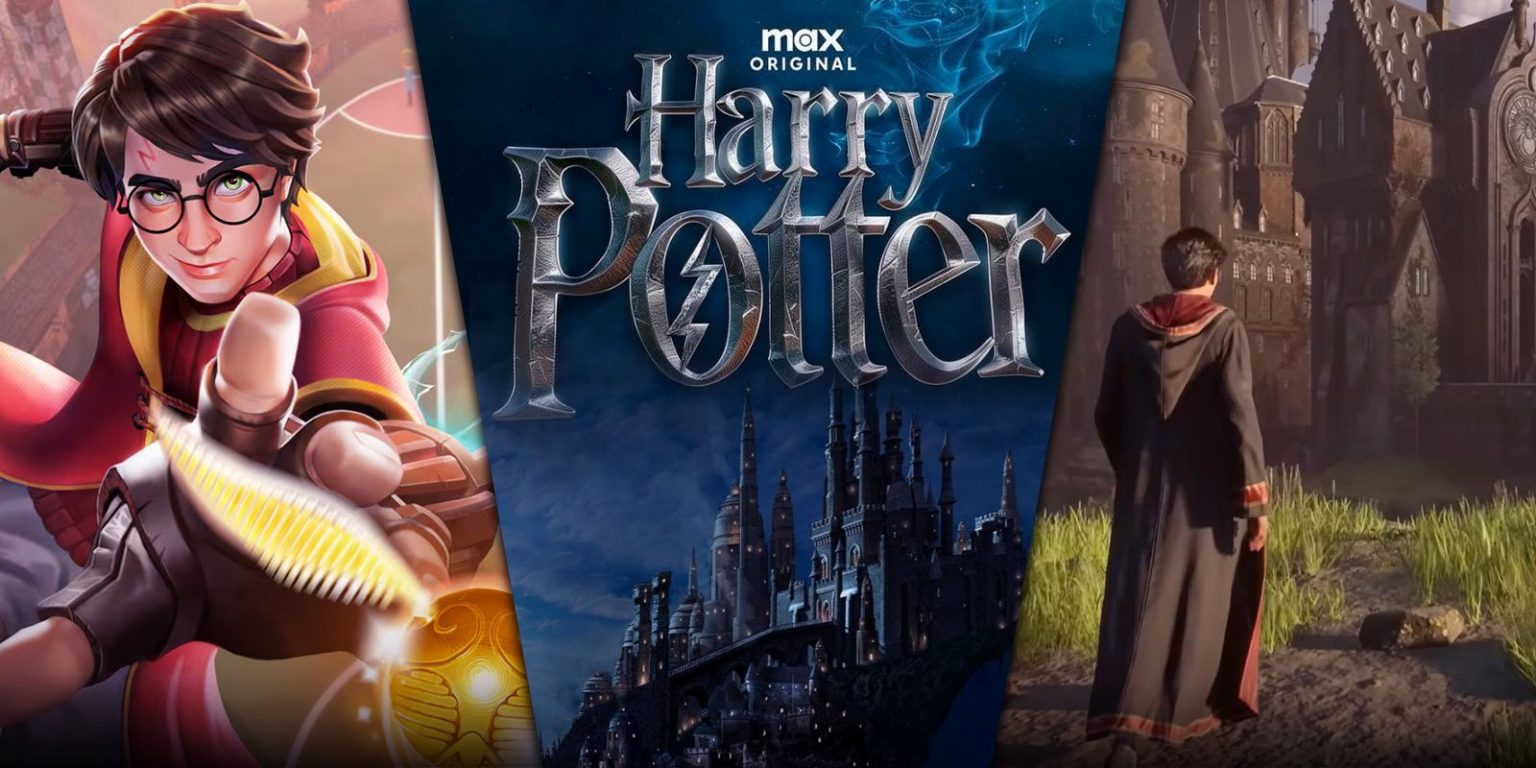In 2025, Harry Potter may experience a pivotal year as HBO faces challenges in assembling a reboot series intended to shape the franchise’s portrayal for the coming decade. This situation necessitates collaboration across various departments to ensure that Harry Potter is positioned for a significant resurgence.
The gaming sector plays a crucial role in this strategy, and Warner Bros Discovery has ambitious plans for its next steps with the franchise. With recent confirmations, forthcoming announcements, and shifts within the company, the roadmap for Harry Potter’s advancement, particularly for gamers, is starting to take shape. While the future may present hurdles, the success of “Hogwarts Legacy” promises a bit of excitement for its fans.
### Hogwarts Legacy to Receive DLC and Sequels
The first game’s success opened avenues for Warner Bros Discovery, reflecting the brand’s longstanding priority for Harry Potter. Following the mixed reception of the Fantastic Beasts franchise, the company is eager to expand the Harry Potter universe, supported by ongoing development at Wizarding World Park. The standout achievement since the release of “Harry Potter and the Deathly Hallows: Part 2” has been “Hogwarts Legacy.” This title has topped charts, received widespread acclaim, and nurtured a dedicated and diverse fan base eager for more from the intellectual property.
There has been significant buzz regarding additional content for “Hogwarts Legacy.” Avalanche Studios, the developer behind the game, is reportedly planning new DLC scheduled for late 2025, indicating a strong possibility of its release. Warner Bros Discovery aims to keep “Hogwarts Legacy” fresh in players’ minds while integrating it with various other upcoming releases. Such strategies emphasize the importance of maintaining relevance in the gaming domain.
In addition to DLC, there are also plans for a refresh of “Hogwarts Legacy,” which could include upgrades and new features, potentially targeting next-gen consoles. As discussions about the imminent announcement of the PlayStation 6 circulate, a sequel is also on the horizon, with Avalanche Studios returning to lead its development. Details about “Hogwarts Legacy 2” are still vague, but opportunities for new narratives and connections to the Harry Potter lore abound. This sequel could become a leading revenue source for Warner Bros Discovery, underlining the significance of creative, expansive storytelling within the franchise.
### Harry Potter Reboot Will Include Game Content
What’s intriguing about “Hogwarts Legacy” is that it operates independently of the original Harry Potter films, instead embracing its interpretation of the wizarding world. While there are subtle references to the books, the game does not expressly rely on the films. Interestingly, this separation did not hinder the title’s popularity; players appreciated the fresh, imaginative presentation of Hogwarts and its lore.
In contrast, “Harry Potter: Quidditch Champions” leveraged its connection to the films but fell short in meeting sales expectations. Though the game included appearances by well-known characters, it did not meet the ambitions set by its predecessors.
Despite this, Warner Bros Discovery is shifting focus from the film adaptations of Harry Potter toward the HBO series, suggesting future video games in the wizarding world may be more intertwined with the upcoming show rather than the established film franchise. The success of “Hogwarts Legacy” indicates that players might welcome a departure from the familiar characters in favor of new adventures, even as the less successful “Quidditch Champions” reminds of missed opportunities.
This transition may lead to a new wave of game releases that harmonize with the HBO series while allowing for creative expressions without stringent continuity constraints.
### Warner Bros Focuses on Intellectual Property
The rise of Harry Potter in the gaming industry coincides with a critical time for Warner Bros Discovery, especially considering recent struggles with other titles like “Multiversus,” “Suicide Squad: Kill The Justice League,” “Gotham Knights,” and “Harry Potter: Quidditch Champions.” These examples demonstrate that brand recognition isn’t enough to drive sales if the games do not meet quality expectations.
Warner Bros is now doubling down on select intellectual properties, such as Hogwarts Legacy and Batman: Arkham Shadow, which have emerged as crucial assets amid a challenging landscape for the company. While past successes like “Middle Earth: Shadow of War” may not be replicable in the Lord of the Rings space, other franchises like DC are facing developmental setbacks. Meanwhile, the anticipation for a new “Game of Thrones” game is evident, but none of these initiatives seem as prioritized as the Harry Potter franchise.
The Wizarding World is set for increased investment, with the HBO series, sequels to “Hogwarts Legacy,” and expanded theme park attractions all revitalizing the brand. This growth offers potential for additional gaming projects that cater to the audience’s interests and delve deeper into the universe.
Despite ongoing conversations about the franchise’s direction, the storytelling elements are more promising than ever, with fans eagerly discussing the future. Warner Bros Discovery clearly aims to have video games be an integral part of that narrative, so gamers should anticipate more announcements from its internal studio, Portkey Games, in the coming years.

